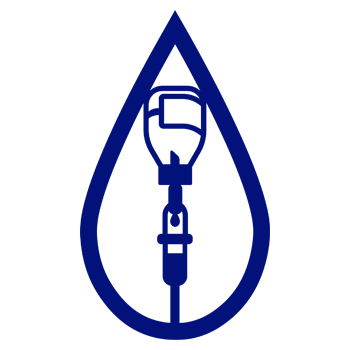


“The nurse team is top-notch and always goes beyond for their patients. They are committed to making their patients feel comfortable during the infusion process. There is no one else I would recommend other than Judi and her team of nurses.”
“We weren’t sure about home infusion until the Drip Masters Nurse showed up. Put my husband and I at ease with the knowledge and experience of the home infusion process. It was so much better to have the infusion nurse come into our home than to have to travel to the infusion suite”
“I was traveling back and forth one hour each way to get my infusion and was so tired. Being able to get my infusions at home with Drip Masters Nurses has been a huge relief knowing I get an expert IV nurse right in my house”
"Tracie was incredible! She was very pleasant, considerate, and knowledgeable. I so enjoyed her visit, any way you could make her my primary nurse?"
"I love my primary nurse, Shelley, she is always on time, knowledgeable and gets my difficult IV, then assesses me every step of the way. I hated going to the infusion suite because I would lose two full days of work every 4 weeks. Getting my infusions at home not only allows me to work from home but gives me a one-on-one nursing experience that is so personalized"
"Getting our infusions every three weeks by Drip Masters Nurses at home has been a wonderful experience. We never knew that we could have our infusions at home. Tracey was great with my husband and my inquiring 4-year-old. She managed both well."
"We love Angie, she is the kindest nurse and knows her business. We travel back and forth between homes from Texas and She is our RI, Drip Masters Nurse."
